Indigenous Governance Database
civic education
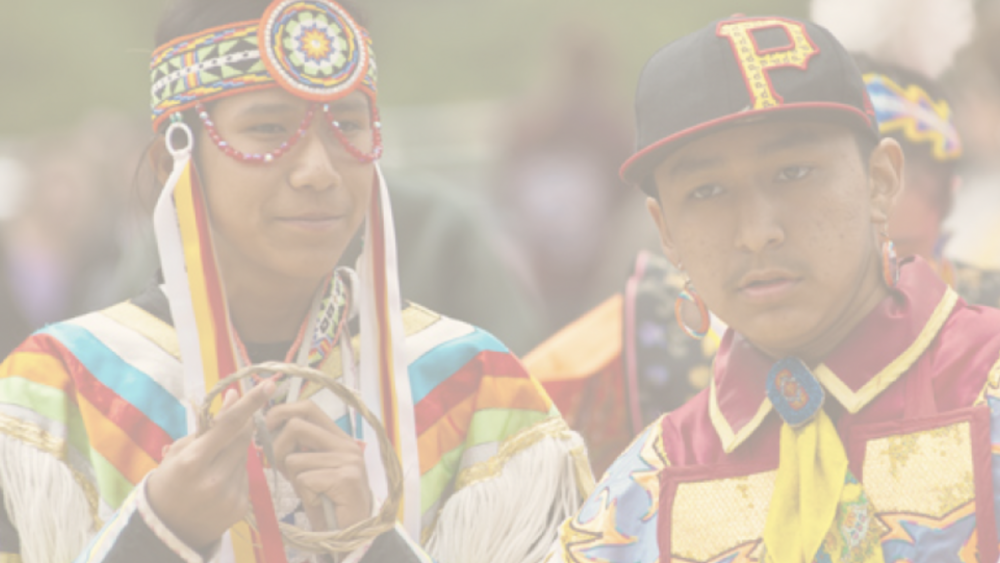
Becoming Visible: A Landscape Analysis of State Efforts to Provide Native American Education for All
Native Americans are unfortunately invisible to many. Most Americans likely have attended or currently attend a school where information about Native Americans is either completely absent from the classroom or relegated to brief mentions, negative information, or inaccurate stereotypes. This…
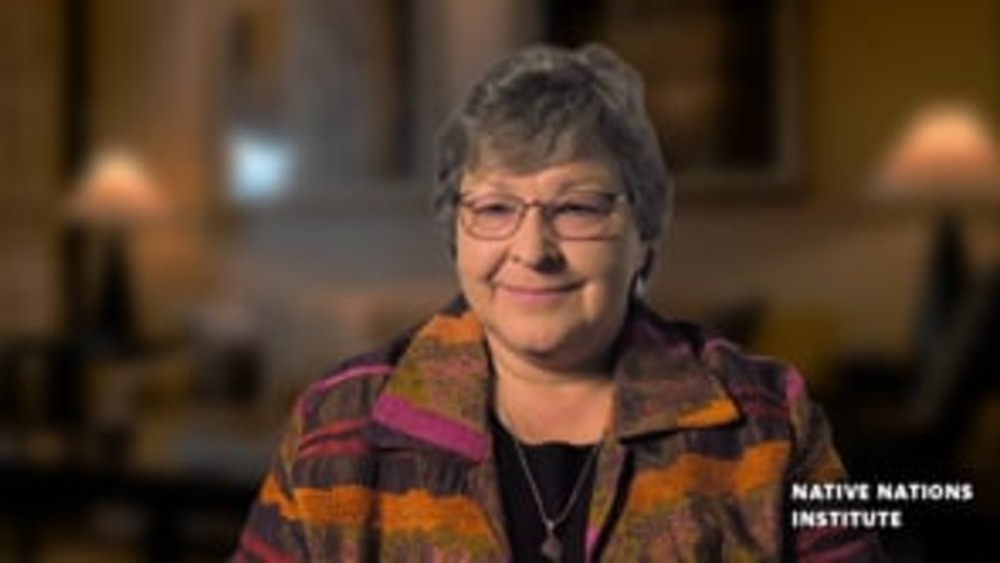
Karen Diver: Native leadership and Indigenous governance
Karen Diver is a former Chairwoman of the Fond du Lac Band of Lake Superior Chippewa and former Vice President of the Minnesota Chippewa tribe, while also served as an adviser to President Obama as his Special Assistant for Native American affairs. Her incredible career as renowned Native…
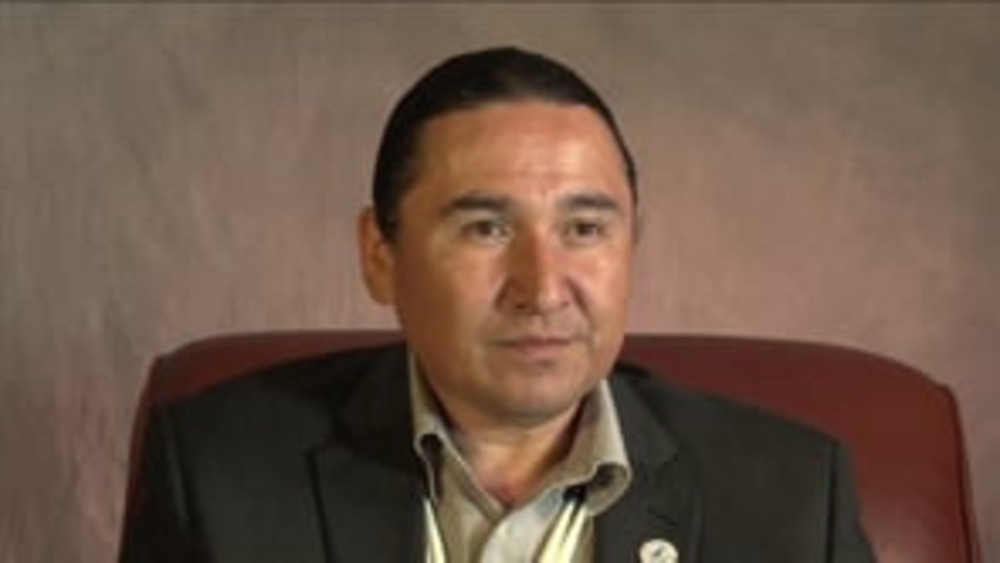
Floyd "Buck" Jourdain: Constitutional Reform and Leadership at the Red Lake Nation
Floyd "Buck" Jourdain, Chairman of the Red Lake Nation from 2004 to 2014, discusses his nation's constitutional reform effort and the supporting role he played in helping to get the effort off of the ground. He also talks about how comprehensive constitutional reform will empower his nation's…
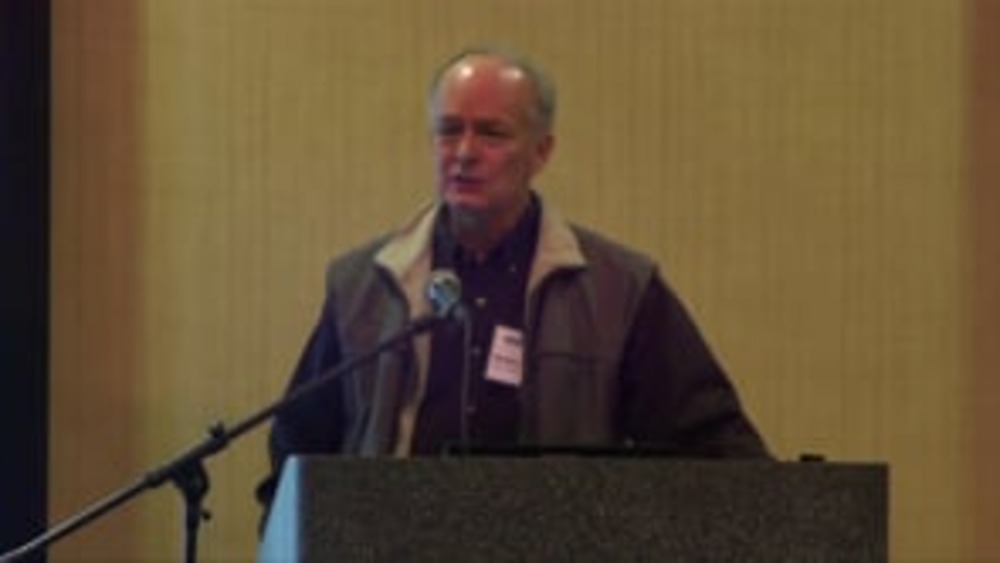
Stephen Cornell: Creating Citizens: A Fundamental Nation-Rebuilding Challenge
NNI Faculty Associate Stephen Cornell discusses how colonial policies have distorted and corrupted Native nations' conceptions of identity, citizenship and nationhood, and stresses the need for Native nations to forge a strategic vision of their long-term futures and then work to create among their…
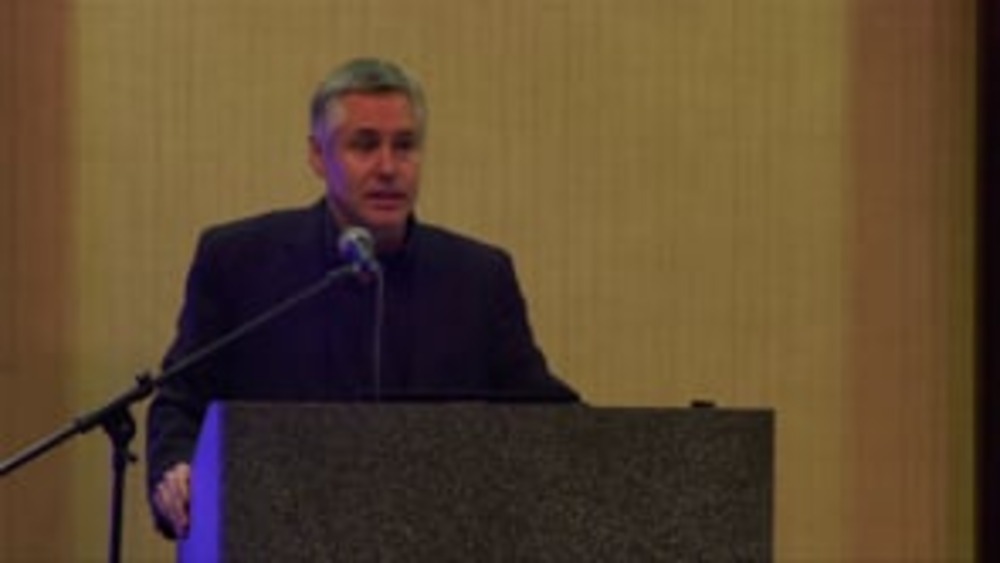
John Borrows and Stephen Cornell: Citizenship: Culture, Language and Law (Q&A)
Professors John Borrows and Stephen Cornell field questions from conference participants about a number of topics surrounding Indigenous notions of citizenship and membership. In addition, some participants provide brief commentaries about how their particular Native nations are wrestling with this…
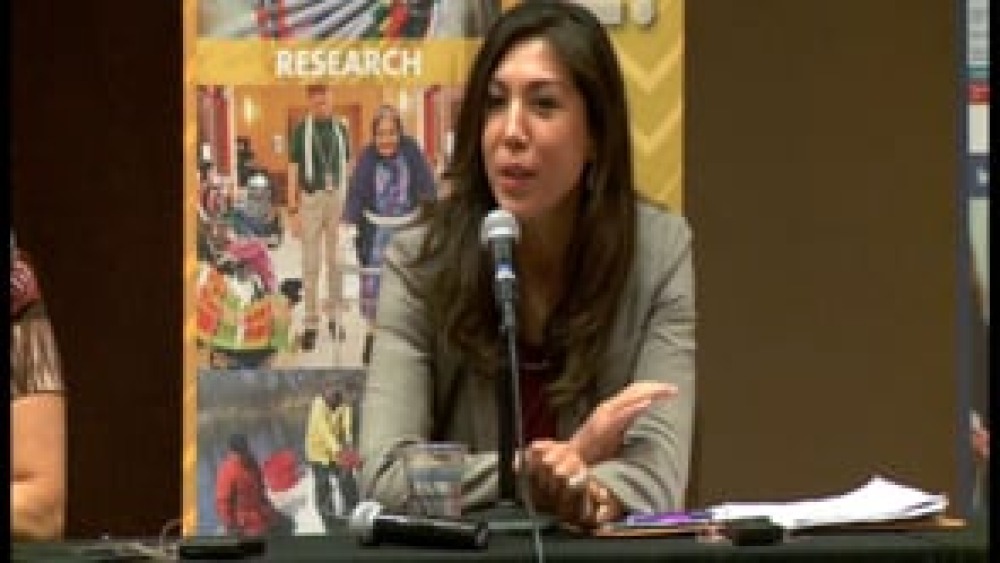
Paulette Jordan: Engaging the Nation's Citizens and Effecting Change: The Coeur d'Alene Story
Paulette Jordan, citizen and council member of the Coeur d'Alene Tribe in Idaho, discusses the importance of Native nation leaders being grounded in their culture and consulting the keepers of the culture (their elders) so that they approach the leadership challenges they face with the proper…
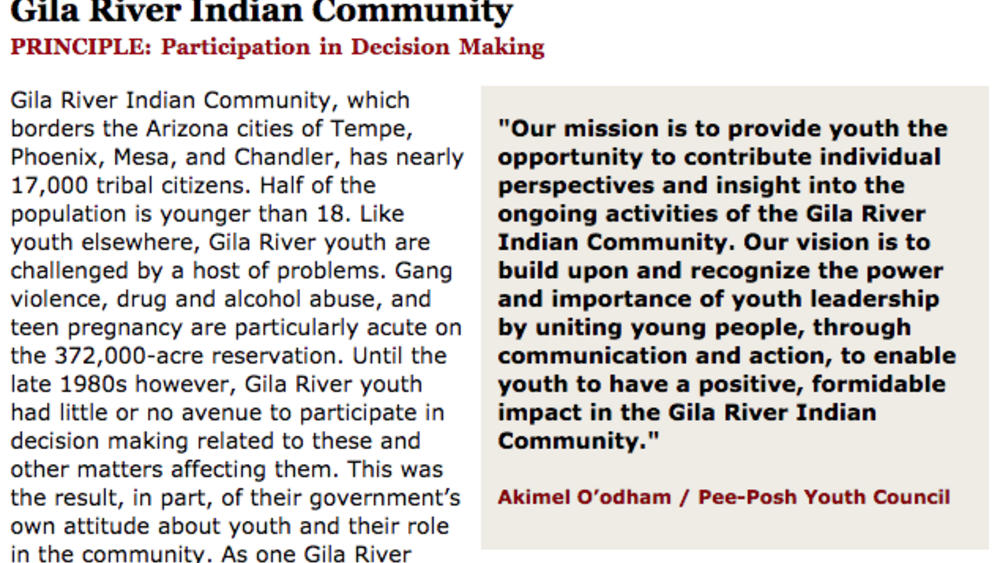
Best Practices Case Study (Participation in Decision Making): Gila River Indian Community
Gila River Indian Community, which borders the Arizona cities of Tempe, Phoenix, Mesa, and Chandler, has nearly 17,000 tribal citizens. Half of the population is younger than 18. Like youth elsewhere, Gila River youth are challenged by a host of problems. Gang violence, drug and alcohol abuse, and…
